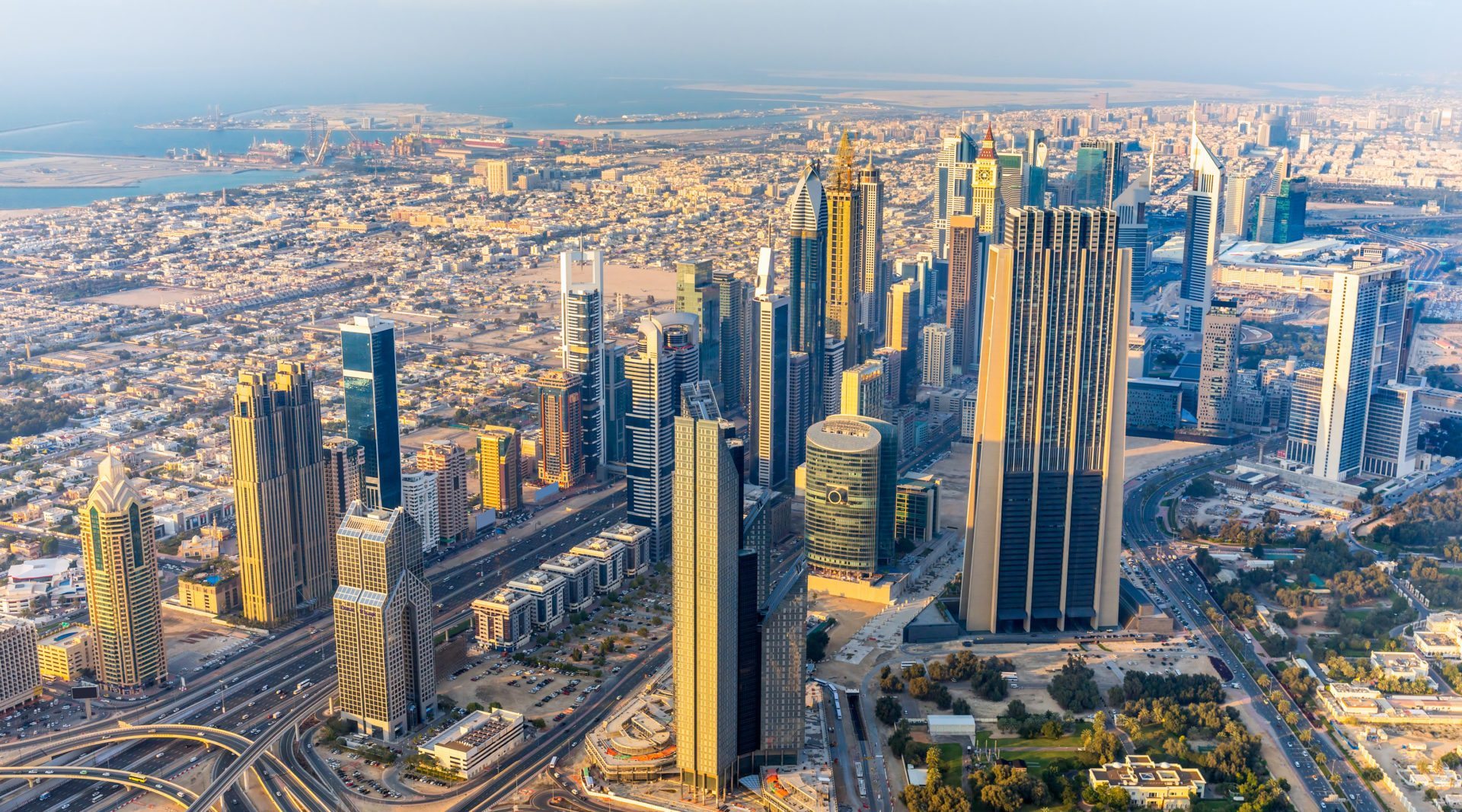

Sentiment and capital inflow affected by low oil prices and strengthening dollar
The call for affordable housing continues to be strong in the UAE real estate market, particularly in light of the tough market conditions brought about by low oil prices. This year, the challenges faced by the property market will be similar to those it faced in 2015.
Last year, apartment lease rates decreased by a nominal 1.9 per cent, while sales prices decreased 2.7 per cent, pushing gross yields for those planning to rent out their property up to 7.7 per cent, an annual gain of 70 basis points, according to the local Phidar House Price Index.
Dubais residential sector is expected to stabilise in the coming months, according to several local analysts. We expect the market to remain relatively stable, with prices declining across several areas, although we are expecting a 5 per cent increase in desirable areas such as Jumeirah Village Circle and Sports City, says Mathew Green, director and head of research and consulting at real estate services company CBRE Middle East.
Fragmented market
The move towards affordable housing is beginning to shape the residential market, particularly in Dubai. Its real estate market has become more fragmented, with sales prices and achievable rents varying across different areas of the emirate. The pipeline in the next couple of years does not meet the affordability demand, says Green.
Click on the legend to change the view; Source: JLL
Although oversupply has often been cited as a main factor slowing down the market, one segment that is not held back by oversupply is affordable housing. Dubai will fail to serve the low-to-mid-range residential market as long as affordability definitions remain ambiguous, says Faisal Durrani, international research and business development manager at the UKs Cluttons Real Estate.
The performance of the commercial real estate segment has also been sluggish, as the hydrocarbons industry slows down amid falling oil prices.
Click on the legend to manipulate the data; GLA=Gross leasable area. Source: JLL
Analysts have seen growth in the non-oil sector, as more supply enters the market from overhanging projects from previous development cycles. Demand for office space across single-owned, quality office towers remains strong, but has been held back in recent years due to the lack of available good-quality supply, according to a note published by CBRE at the end of last year.
New units
This will start to change in 2016, with the delivery of One JLT and Dubai Trade Centre District Building C1, both of which have generated high levels of pre-leasing activity. CBRE predicts there will be 48,000 units entering the market in the next two years.
Hospitality and retail have been the most resilient segments, with a small decline of 1 per cent year-on-year. This has been due to the emirates ability to continue attracting record numbers of tourists. Although Dubai remains a top destination for consumers, reduced economic sentiment amid lower oil prices, coupled with lower tourism demand could constrain spending from residents and tourists alike, especially if the dollar continues to strengthen, making Dubai a much more expensive place to visit.
Other emirates have witnessed a similar slowdown. Sharjahs residential market will feel the impact of declining rents in Dubai, as more Dubai residents find affordable options in International City and Silicon Oasis, rather than moving to Sharjah.
Abu Dhabi, on the other hand, saw little change across all segments, although the commercial market will slow down as the emirate, which is far more dependent on the hydrocarbons industry, starts to feel the impact of the oil-price collapse and the scaling down of many hydrocarbons-related operations.
While Grade A rents are expected to be upheld, Grade B rentals may soften due to oil and gas spending cuts and as more stock enters the market over the next 12 months.
You might also like...

Al Ula seeks equestrian village interest
26 April 2024

Morocco seeks firms for 400MW wind schemes
26 April 2024

Countries sign Iraq to Europe road agreement
26 April 2024

Jubail 4 and 6 bidders get more time
26 April 2024
A MEED Subscription...
Subscribe or upgrade your current MEED.com package to support your strategic planning with the MENA region’s best source of business information. Proceed to our online shop below to find out more about the features in each package.








